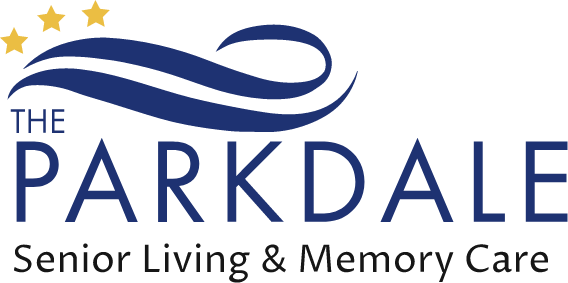It’s natural to want to help your loved one remember things correctly, especially when the inaccuracies are about something important or personal. However, correcting someone with dementia can do more harm than good.
Understanding the impact of correction and knowing alternative approaches can make a significant difference in maintaining a positive and supportive environment for your loved one.
Understanding Memory Loss Conditions
Memory loss conditions like dementia and Alzheimer’s disease affect millions of people worldwide. These conditions are progressive, meaning that cognitive functions, including memory, reasoning, and judgment, gradually decline over time. This decline can cause individuals to forget recent events, misplace objects, or even fail to recognize familiar faces and places. These memory lapses can be distressing for both the individual and their family members.
As the disease progresses, individuals with dementia may struggle to understand their surroundings, and their perception of reality may become distorted. They might make statements that seem illogical or out of context, leading to frustration or confusion for their caregivers. It’s important to remember that these behaviors are symptoms of the disease and not something within their control.
To support a loved one with dementia, it’s crucial to approach interactions with empathy and patience. This involves understanding that their reality may differ from yours and that trying to correct them can lead to unnecessary stress and anxiety.
Correcting Someone with Memory Loss
While it may seem helpful to correct someone with dementia, doing so can actually have negative consequences. When you correct a person with memory loss, it can make them feel embarrassed, confused, or even agitated. This is because their brain is no longer functioning in the way it once did, and being told they are wrong can heighten feelings of inadequacy or failure.
In many cases, correcting someone with dementia can lead to increased frustration, not just for the person with memory loss but also for the caregiver. The person with dementia may not understand why they are being corrected and could become defensive or upset. This can strain your relationship and make caregiving more challenging.
Another reason to avoid correcting someone with dementia is that it doesn’t usually achieve the desired outcome. The individual is unlikely to remember the correction or adjust their behavior accordingly. Instead, they may become more confused, leading to a cycle of correction and confusion that benefits no one.
Rather than focusing on correcting, it’s often more helpful to gently redirect the conversation. If your loved one makes an incorrect statement, try to steer the conversation toward a more neutral or positive topic.
For example, if they believe they have to go to work, don’t tell them they no longer have a job. Instead, say their boss called and told them to stay home. This approach of redirection allows you to avoid confrontation and helps your loved one maintain a sense of dignity. By not insisting on the accuracy of every detail, you help preserve their emotional well-being, which is far more important than correcting a minor factual error.
It’s also important to recognize that, in many cases, the specifics of what someone with dementia says are less important than the emotions behind their words. If they express concern about something that isn’t true, address the emotion rather than the fact. For example, if they believe a long-deceased relative is still alive, instead of correcting them, you might say, “I can see how much you miss them,” and provide comfort in that moment.
This compassionate approach prioritizes your loved one’s emotional needs and fosters a more positive interaction. It allows you to be present with them in a way that supports their well-being rather than causing unnecessary distress.
Signs Your Loved One Needs Memory Care
Recognizing when it’s time to seek professional memory care for your loved one is crucial for their safety and quality of life. Here are some signs that your loved one may need more specialized care:
- Increased Wandering: If your loved one frequently wanders or gets lost, even in familiar places, it may be time to consider a secure environment.
- Aggressive Behavior: Sudden or increasing aggression or agitation can indicate that their current care setup is no longer sufficient.
- Decline in Personal Hygiene: Neglecting personal care, such as bathing or dressing, often signals that additional support is needed.
- Inability to Manage Medications: Missing doses or taking incorrect amounts of medication can have serious health consequences and may require professional oversight.
- Social Withdrawal: If your loved one is withdrawing from social activities or becoming increasingly isolated, memory care can provide a more engaging and supportive environment.
- Difficulty with Daily Tasks: Struggling with everyday activities like cooking, cleaning, or paying bills may indicate that your loved one needs more comprehensive care.
Find Memory Care Support Today
Caring for a loved one with dementia is a challenging journey, but you don’t have to navigate it alone.
At Parkdale, we understand the complexities of memory care and are here to support both you and your loved one. Our community offers a compassionate and safe environment tailored to meet the unique needs of individuals with memory loss. Contact us today to learn more about how we can help your loved one live comfortably and with dignity.



